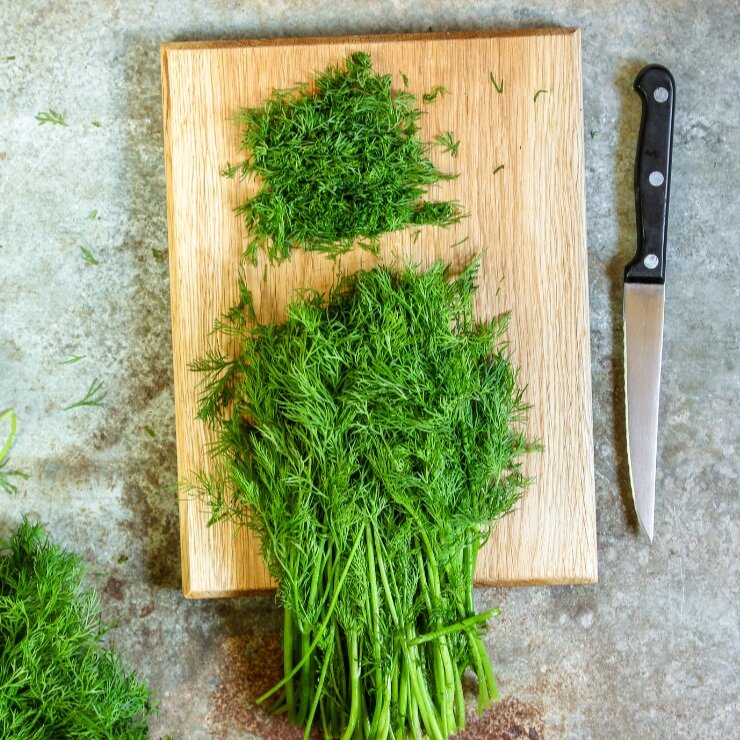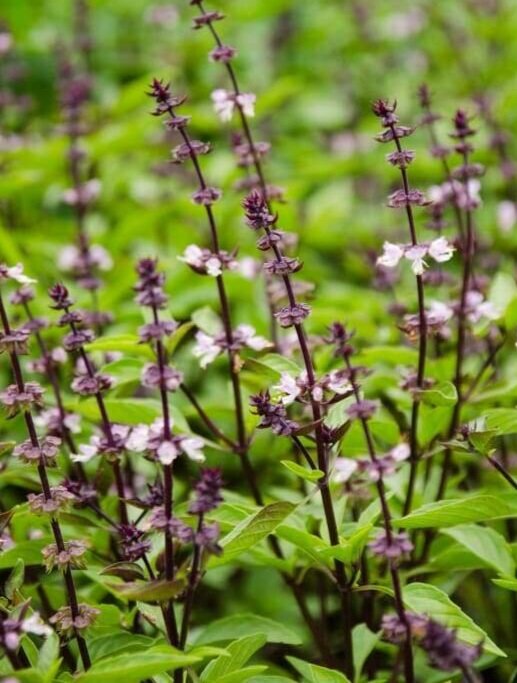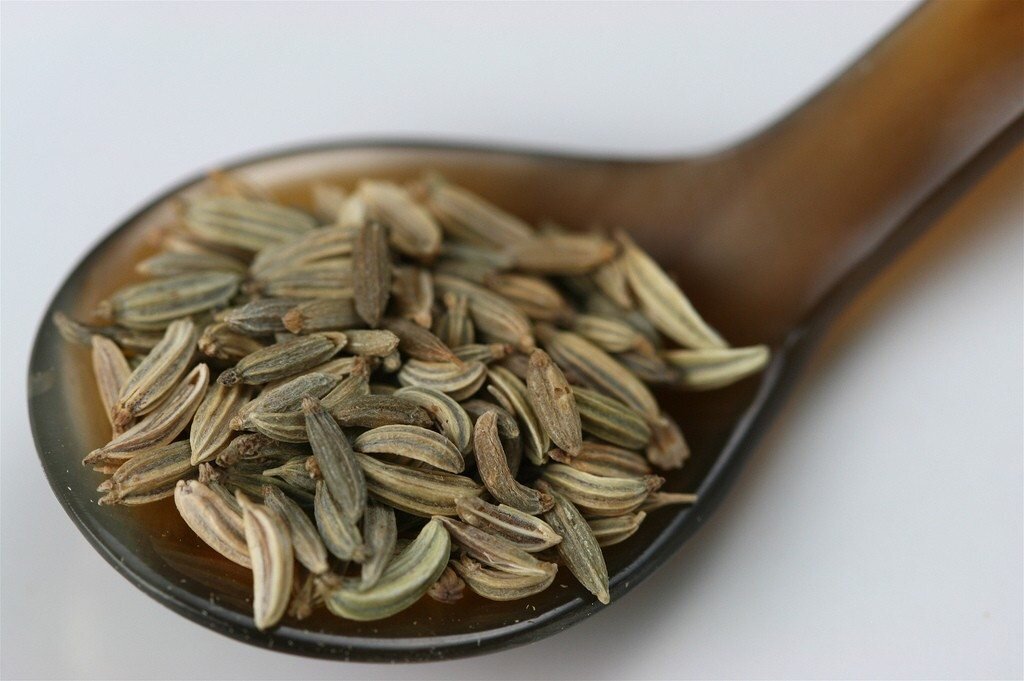7 Herbs in your Kitchen for Increased Milk Production
When we’re trying to keep our milk supply up, it can get stressful. Breastfeeders, chest feeders, pumpers, and lactators alike, when our milk supply drops sometimes we need a little extra help. Research indicates that some everyday spices are “galactagogues” which is a fancy word for increasing milk supply. In this blog post you’ll read about everyday spices that you might already have that research indicates can increase your milk supply.
As you try out different herbs, remember that your body is unique. You may need to try all of these spices to see what works for you! If you eat these spices in everyday food, or teas in normal amounts, you don’t need to consult an herbalist. If you take supplements or large amounts of these spices, please contact your local herbalist to make sure you’re safe!
Fennel
Fennel is a big one! Lots of teas or supplements marketed to increase milk supply will include fennel. Fennel seeds taste like licorice, with a sweet flavor. Research indicates that it can increase milk volume (Hoffman), (Tafrishi et al., 2020). Due to fennel’s sweet taste, you can use fennel seeds in a tea alone and it’s quite tasty!
iStock/Ezergil
Fenugreek
Fenugreek is the queen of galactagogues. Research indicate that fenugreek can can be used to increase milk supply (Turkylmaz, Onal, Hirfanoglu, et al., 2011) . Health providers tend to recommend fenugreek to lactators seeking to increase their milk supply, and Appalachian women tend to use fenugreek as a way to increase their milk supply (Herbal Academy, 2020).
Dill
Dill has a long history of supporting lactators. In Persia, dill has been used for a long time to increase breastmilk supply. One study found that dill is very effective in increasing breastmilk supply (Javan et al., 2017). So break out the tzatziki and get your dill on! (Chahal et al., 2017)
Photo source here
Basil
This spice is another contributor to traditional lactation support. Traditionally, Thai lactators are given Thai basil to increase their milk supply. A 2017 study found that Thai basil in fact increased breast milk supply (Buntuchai et al.). Thai basil is a tasty addition that is easy to find, especially at a local greenhouse. The Herbal Academy also describes that holy basil or tulsi can increase lactation (Herbal Academy, 2020).
powernutri
Anise
Similar to fennel, anise has a licorice taste to it - and can help you increase your milk supply! One study found it to be a useful method of increasing milk supply (website). Another study also refers to this spice’s use in supporting lactators through increasing milk supply (Albert-Pueblo, 1980). It is commonly used in teas that include red raspberry leaf, blessed thistle, and nettle leaf (Herbal Academy, 2020).
Image by Steven Jackson
Caraway
This spice is another addition to your arsenal for dinner, or for increasing milk supply. This spice is also a traditional galactagogue, and research indicates that its claim to fame is all it’s cracked up to be. Caraway fruit and caraway oil are effective at increasing milk supply in people producing milk (Mahboubi, 2019). You might see this in the store as “Persian cumin.”
Okay so now that you know of all these spices, what do we do with them? Here is a tea to get you started. Visit this page to view a nourishing, easy dinner recipe that includes these spices!
Lactation Tea
Ingredients:
1/2 tsp fennel seeds
1/2 tsp fenugreek seeds
1 date (optional but this study indicated it is good for milk production).
2 cups boiling water
Directions
Combine all ingredients in a French press. Let steep for 20 minutes.
Strain and enjoy!
Did you try these herbs or recipes? Let us know how it went!
Nicole is a postpartum and infant care doula, and is trained in postpartum Ayurvedic care as well. She has spent the last few years teaching prenatal and postpartum yoga and also has experience in a pelvic floor physical therapy setting. You can view her maternal health nonprofit work here.






